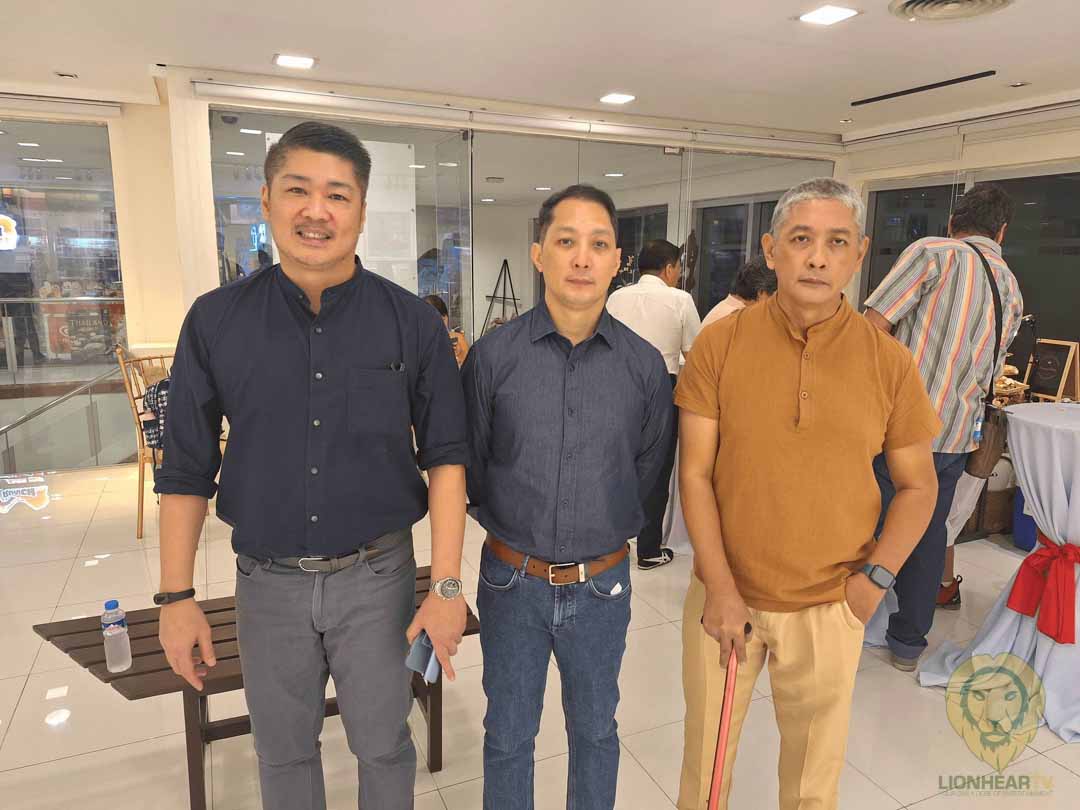Norjan Ismail Abbas returns to the art scene with a new exhibit. Abbas opened his newest art offering with the show “Talukbong at Tapis” on May 11 at the Gateway Gallery Studio. The exhibit, which runs until May 24, features sixteen works, and combines new works with the old.

Abbas mounted his first exhibit “Cat and Other Felicities” on October 18, 2008, at the Liongoren Gallery in Cubao, featuring cats in whimsical poses and various moods.
The second exhibit entitled “Nihao Feilubin” was on November 22, 2008, at the defunct Prose Gallery in Makati. These abstract works of famous places and landmarks feature Huai Hai Road and the Pearl Tower in Shanghai. He spent a year in Shanghai and Beijing between the two major cities, resulting in a body of work from being an expat there.

His first foray into the Filipiniana genre in the third exhibit; “Vignettes: Life from the Eyes of an Artist”, was held on March 22, 2014, at the Social Hall A&B, One Serendra, Bonifacio Global City. Vignettes is where Abbas first unraveled the theme of Filipinas in their traditional garb. “Talukbong at Tapis” is a continuation of Vignettes, but this time the theme is more fleshed-out.
Another exhibit that he joined is “Myths and Legends” on June 17, 2014, at the UP Vargas Museum organized by CANVAS Art Gallery. His work “Sarimanok Emerging” featured the legendary bird of Maranao folklore.

“Talukbong at Tapis” offers another set of takes on the Filipiniana genre which combines fashion and pictures of everyday life in the islands. In the show, Abbas pictured the Filipinos in their simple, mundane activities such as going to church, selling at the market, doing the laundry, and daily hygiene habits.
These pictures are unified by the Filipina traditional garb. The works convey a feeling of nostalgia, making the viewer yearn for the simpler life of the past. “Talukbong at Tapis” is summarized by “The Road to The Future will never be without the Past.”
Norjan Ismail Abbas is a graduate of the UP College of Fine Arts UP in 1997. He majored in Bachelor of Studio Arts which grounded him in the formalistic and modernistic aspects of art.

He also taught art at the Philippine Women’s University (PWU) in Taft Avenue, Manila from 2001 to 2002. The experience added richness to his artistic insights and impacted his artistic philosophy.
He was rooted in Formalism and later on progressed to Impressionism. He dubbed his initial works “Neospatialism”, which emphasized the conceptual aspect of his art. Today, he is engrossed by the Filipiniana theme, which he started more than ten years ago. It is a classic theme that he infused with a modern twist.
For Abbas, art should be pleasing and must resonate with the viewer. For him, in this show, “The road to the future will lead to the past”, as artistic endeavors must always have a link to the beginning.”


